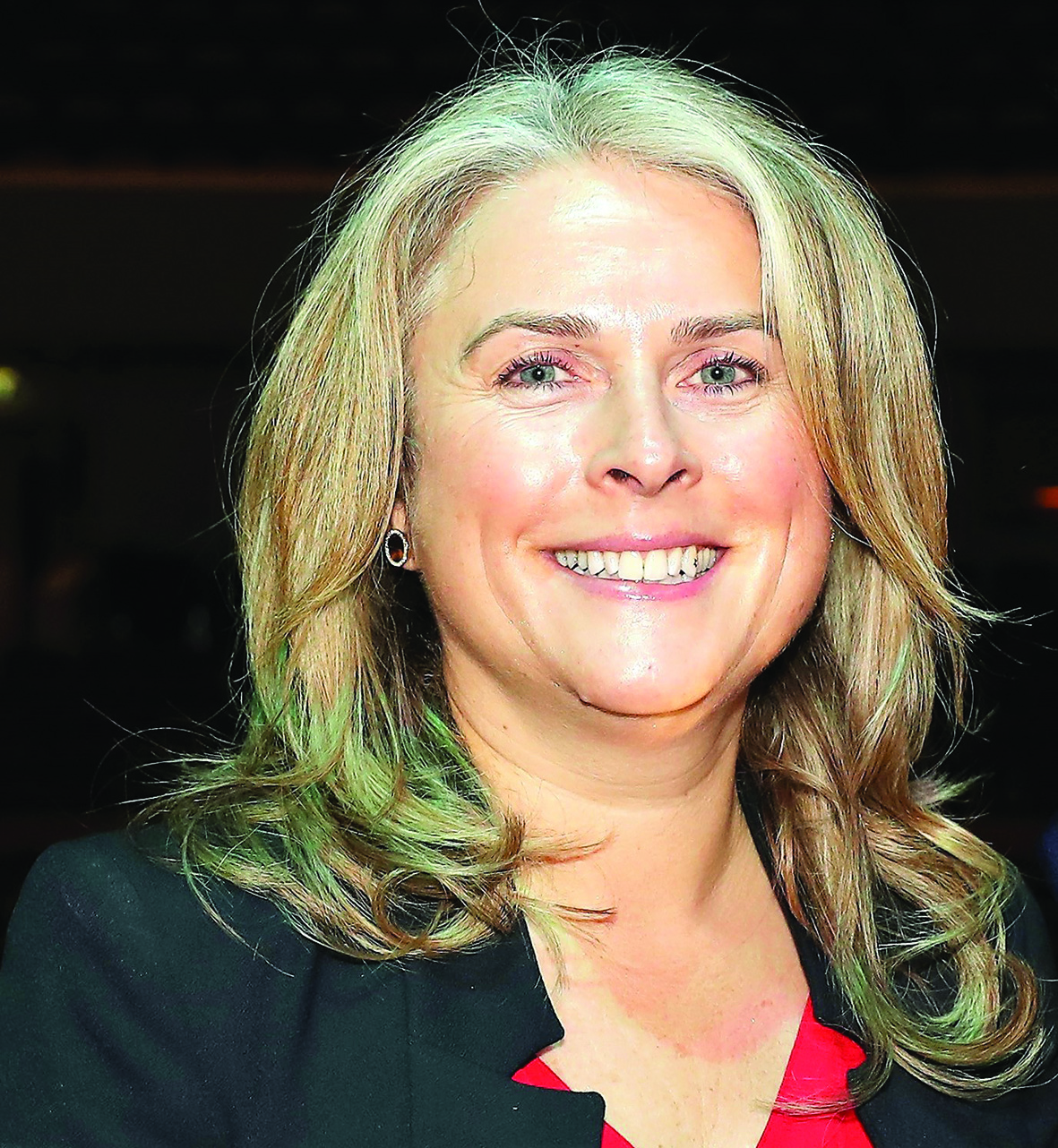Maintaining health for mums-to-be – Helen Minnery
NewsPosted by: Dental Design 20th July 2018

Hormonal changes during pregnancy can have a huge impact on expectant women in a number of ways. Higher levels of oestrogen and progesterone increase the blood supply to certain parts of the female body and the latter also combines with relaxin to help the muscles of the uterus relax and allow space for the foetus to grow. The side effects of this can cause aches in the joints and back, while relaxed muscles in the digestive system can lead to heartburn and nausea.1 The alteration in hormones can also cause some women to feel low or more tearful than they otherwise would. As the pregnancy progresses, most women experience a lessening of these negative side effects and they develop that famous ‘glow’.
Lose a tooth for every child?
You will more than likely have come across the phrase ‘gain a child and lose a tooth’ – the implication being that women lose a tooth for each child they carry. Heralded as just an old wives tale, a study published this spring actually suggests otherwise. Gabel et al (2018)2 provided evidence for causal links between the number of children a woman had and the number of missing teeth. In particular, they found a strong causal relationship between number of children and number of teeth for women who had a third child after having two children of the same gender. Women who had a third child after the first two were different genders had an average 4.27 fewer teeth than those without a third child.
So why the tooth loss? Contrary to other traditional beliefs, it is thankfully not because women’s teeth become ‘soft’ during pregnancy. There are various possible reasons for increased tooth loss among women who have had children and pregnancy gingivitis (or periodontitis) seems to be a major contributor.
Several studies since the early 1960s have linked pregnancy with an increased prevalence of periodontal disease, with a review paper finding that 30 per cent to 100 per cent of pregnant women were affected.3 It also found the risk of disease to increase as the pregnancy progressed, with women’s gingival index and periodontal pocket depth increasing until at least the third trimester and remaining higher than those of non-pregnant women. The same study concluded by suggesting a correlation between increased plasma levels of pregnancy hormones and a decline in periodontal health.
The risk of periodontal disease among pregnant women has also been associated with similar factors to those affecting the non-pregnant population, such as low income, obesity (prior to pregnancy), smoking and poor oral hygiene.4
There is evidence to suggest a link between periodontal disease and an increased risk of preterm birth and low birth weight, which is once again higher among women from economically disadvantaged backgrounds.5 However, the research does highlight the potential for bias in some of the studies available, so more papers are needed to confirm a causal relationship between oral health status and adverse pregnancy outcomes such as these.
Avoiding the risks
For the dental team, our role is to ensure our pregnant patients have the knowledge and support they need to stay as healthy as possible throughout what should be a magical time in their lives. As some dental treatment is contraindicated, or simply just not backed by enough evidence to confirm its safety during pregnancy, prevention is our best friend. Preparing patients for what might be ahead and encouraging a good oral hygiene routine from an early stage (even from before the pregnancy if possible) is essential.
Communicating this information in a friendly but clear way is also important – some expectant mothers could already be slightly apprehensive about the changes they are going through and we don’t want to make this worse. Using simple language they can easily understand and offering resources they can browse in their own time when they leave the surgery is most helpful, particularly as they can share and discuss the information with partners who may not have been present at the dental appointment. The British Society of Periodontology (BSP) offers a range of free downloads focusing on ‘Oral Health During Pregnancy’ on its website that might be useful here (www.bsperio.org.uk).








